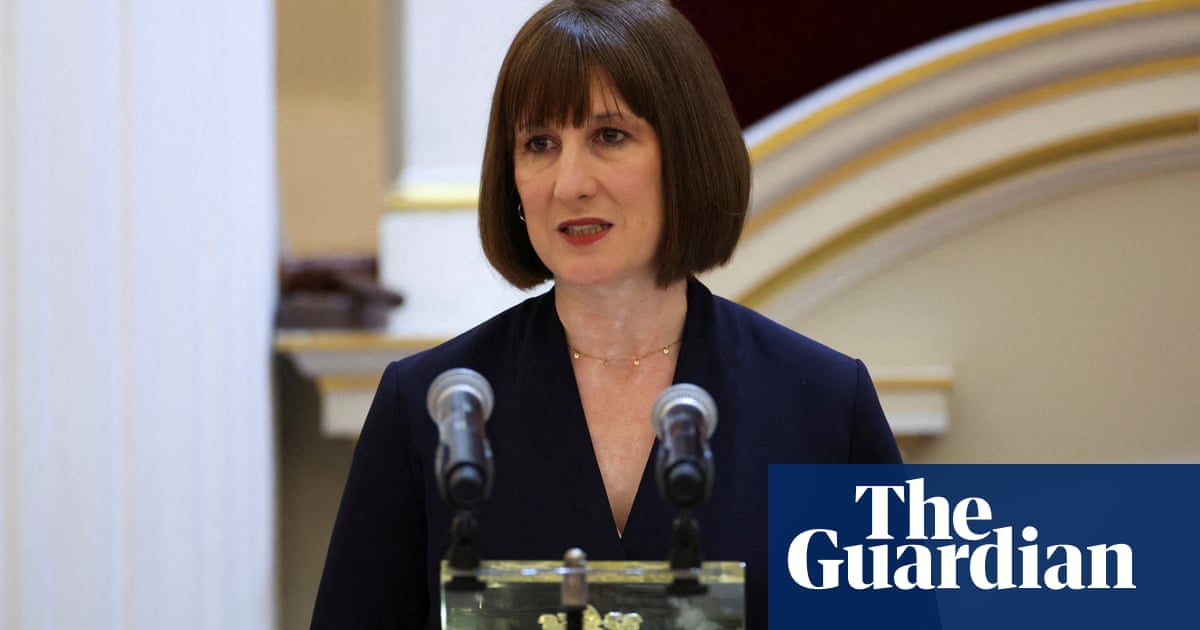Doctors have launched a major study to understand why a small percentage of cancer patients beat the odds and survive long after being diagnosed with some of the most aggressive forms of the disease.
Eight NHS cancer centres are joining dozens of hospitals around the world to find patients who had extraordinary responses to cancer treatment and lived much longer than expected.
Researchers on the study will collect detailed biological information on 1,000 patients and their tumours and analyse DNA, blood proteins, microbes and molecular biomarkers in the hope of learning why they fared so well.
The insights gleaned will be used to understand cancer weaknesses and design new therapies for aggressive tumours, with some treatments aiming to mimic the crucial biological features seen in so-called super-survivors to improve the prospects for other patients.
Cancer specialists in more than 40 countries are taking part in the study and looking to enrol people who have lived exceptionally long after diagnosis with extensive-stage small cell lung cancer, the aggressive brain cancer glioblastoma, or metastatic pancreatic ductal adenocarcinoma. Those in the top 3% in terms of survival time are eligible.
“We don’t expect people with these cancers to live beyond two years or three years, but around 3-5% do live,” said Dr Thankamma Ajithkumar, a consultant clinical oncologist at Cambridge University hospital NHS trust. “It always puzzles us why these people are alive. Is there anything in the tumour or anything in their genetics that is actually making it easier to fight this cancer?”
The Rosalind study is named after Rosalind Franklin, the British X-ray crystallographer whose Photo 51 famously captured the double helix structure of DNA. The photo was taken in 1952, six years before Franklin died of ovarian cancer.
Ajithkumar said: “Before this study, few attempted to look at the people who have done very well with these dreadful cancers to see whether we can learn anything, and if we can, how we can translate it to make the outcome of the disease better.”
Some patients will owe their survival to genetic quirks in their tumours that make them particularly susceptible to cancer drugs. For others, the answer will lie in their immune system’s ability to destroy cancer cells. The study aims to understand these and other factors that help patients survive.
Data gathered from the super-survivors will be held in a worldwide database run by Cure51, a French startup that is funding Project Rosalind with investment from Sofinnova, a Paris-based venture capital firm.
“We know that these people survive,” said Nicolas Wolikow, the chief executive and co-founder of Cure51. “We must understand why and unlock the mechanism of survival. If we are successful in doing that, there’s a good chance we can contribute to the eradication of cancer.”
Finding and enrolling super-survivors may not be easy, however. In the UK, cancer patients who are doing well after five years are discharged, making it harder for doctors to follow their progress. “Tracing them is going to be a huge problem,” said Ajithkumar. Super-survivors who are interested in taking part in the UK arm of the study can contact the Cambridge Cancer Trials Centre at [email protected].
Dr Hattie Brooks, of Cancer Research UK, said: “Understanding why treatments can affect people with the same type of cancer differently is important if we’re to develop more effective ways to beat it. This could ultimately allow doctors to develop new therapies that are more likely to work for people with these harder-to-treat cancers, who currently have fewer options.
“Studies like this are especially welcome in cancers that fewer people are surviving for at least 10 years. While this study is at an early stage, it could be an important step towards new ways to treat aggressive cancers.”

.png) 1 month ago
15
1 month ago
15













































